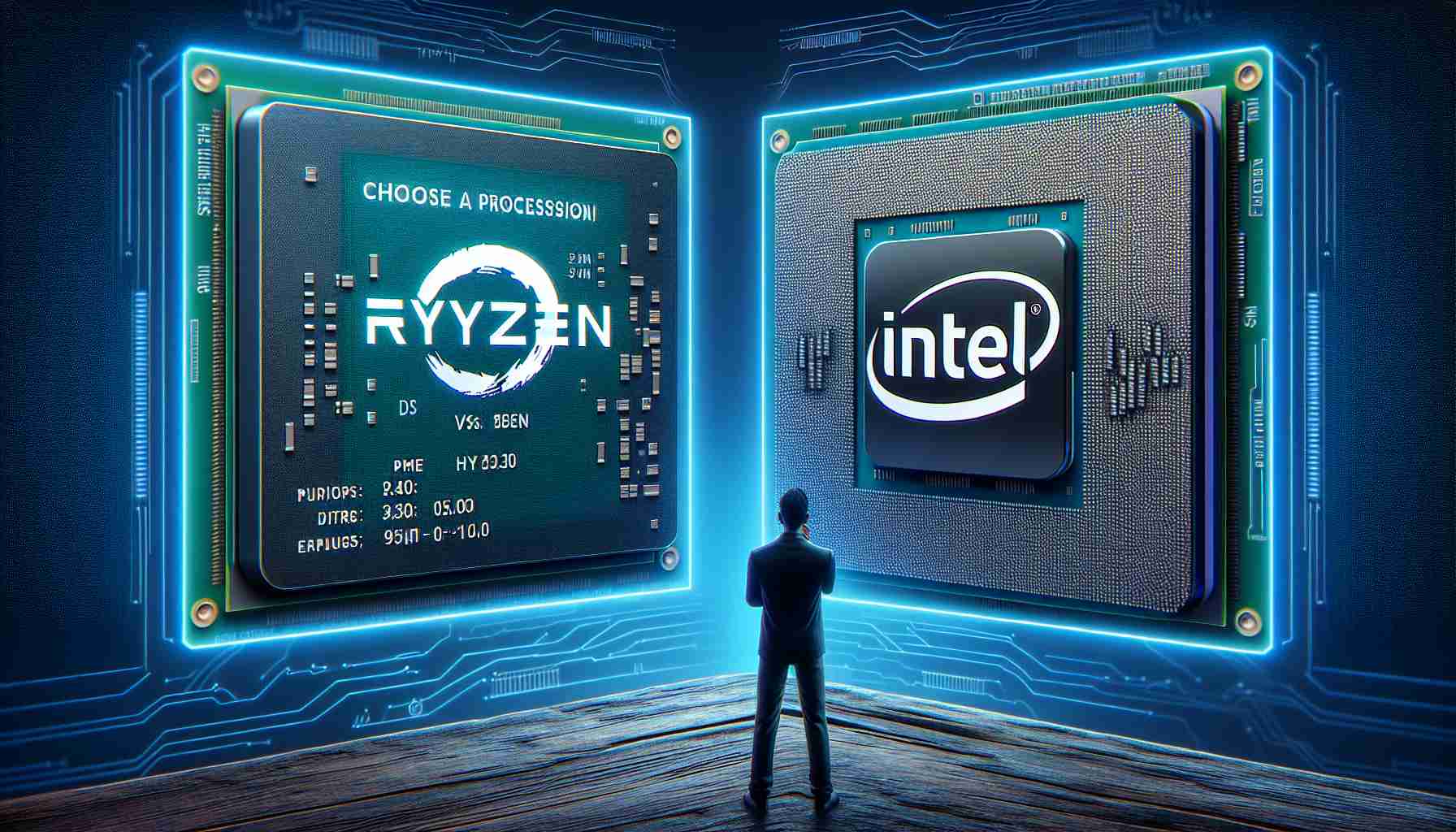Introduction
Choosing the right processor for your computer is one of the most important decisions when building your rig. Should you go for an AMD Ryzen processor or opt for an Intel Core? Both manufacturers offer many interesting options, so it’s worth considering a few key factors before making your choice.
Expandability
Consider the possibility of upgrading your computer in the future. If easy upgradability is important to you, AMD processors provide more flexibility. They have an unlocked multiplier, allowing for easy overclocking. Additionally, AMD motherboards (excluding A-series models) support overclocking, giving users more freedom. Moreover, AMD provides longer support for their sockets, which can be useful in the future.
On the other hand, Intel has its advantages. Newer models offer modern technological solutions such as PCI-Express 5.0 and more efficient architectures. However, it’s important to note that older Intel motherboards may not support newer processors, so you should pay attention to the BIOS version.
Other Factors
Remember to consider other factors such as RAM compatibility and the PCI-Express standard. Faster RAM can improve performance, especially in computer games. As for the PCI-Express standard, it depends mainly on the processor and motherboard.
Conclusion
Choosing a processor is not an easy task. Both manufacturers have their strengths. It’s important to consider which one best meets your expectations and needs. It’s also a good idea to read reviews and analyses of different models to make an informed decision. After all, the processor is the heart of our system, so it deserves proper attention.
Frequently Asked Questions:
1. Which processor should I choose for my computer?
2. Is it better to choose an AMD Ryzen or Intel Core processor?
3. What are the main differences between AMD and Intel processors?
4. Are AMD processors more flexible in terms of computer expansion?
5. Do Intel processors offer modern technological solutions?
6. Do older Intel motherboards support newer processors?
7. How does RAM support and the PCI-Express standard impact computer performance?
8. What factors should be considered when choosing a processor?
Key Term Definitions:
1. Processor – the central unit that performs computational operations and controls the computer’s functioning.
2. Multiplier – a value that affects the clock rate of the processor, allowing for overclocking.
3. Motherboard – the main electronic board of a computer on which components are mounted.
4. BIOS – software responsible for booting the computer and initializing components.
5. RAM – the temporary storage for data during computer operation.
6. PCI-Express – the standard interface for communication between computer components.
Useful Links Regarding Processors:
1. [AMD](https://www.amd.com)
2. [Intel](https://www.intel.com)
The source of the article is from the blog cheap-sound.com
